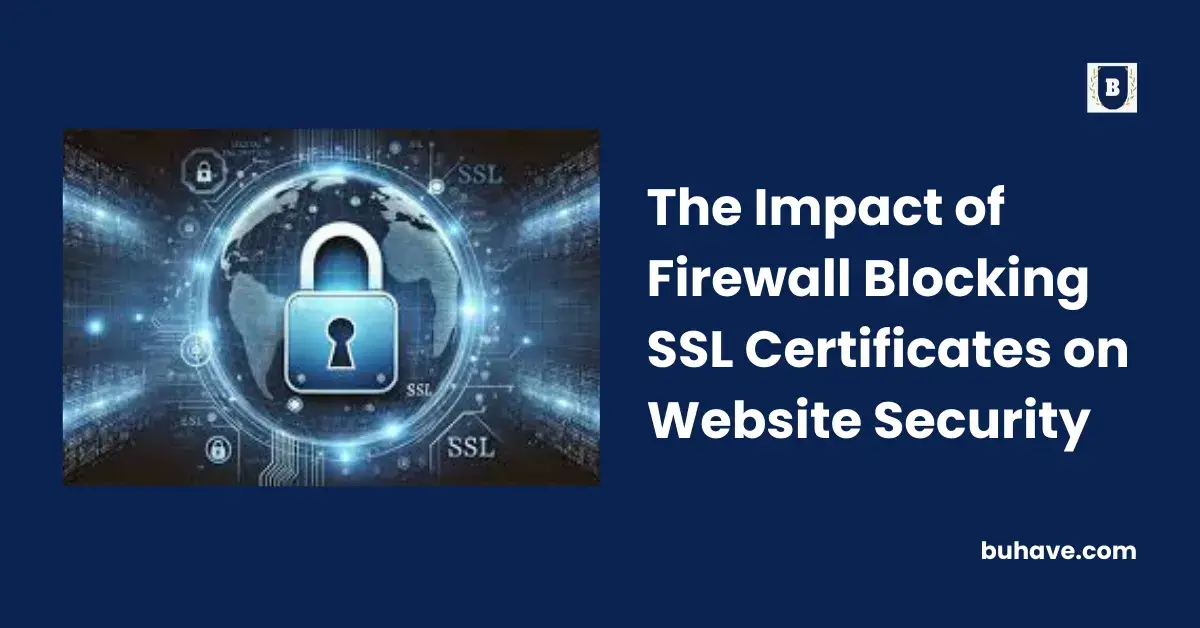Secure Sockets Layer (SSL) certificates encrypt data transferred between websites and browsers.
This prevents hackers from intercepting or stealing sensitive information.
When you visit a website with SSL, the web server will return a list of SSL certificates to prove its identity. The browser then performs various checks and only displays the site when all tests pass.
Increased Risk of Fraud
SSL certificates verify a website’s identity, protecting sensitive information from hackers and eavesdroppers. This includes credit card numbers, passwords, IDs, and messages. Verification also helps prevent phishing attacks by ensuring visitors connect to the correct website.
The certificate verifies the authenticity of a web server. It encrypts all data sent between a client browser and a web server, which makes it nearly impossible for unauthorized parties to intercept or decipher information.
This encryption is essential for protecting sensitive data and preventing fraud.
To keep your customers’ data secure, you need a valid SSL certificate that has not expired or been compromised. This is why monitoring your SSL certificate renewal status and updating it regularly is essential. Replacing your certificate frequently reduces the risk of damage from crucial compromises and keeps your visitors’ data secure.
In addition to encrypting data, SSL certificates also help you protect against man-in-the-middle attacks (MITM). This attack involves hijacking a connection between the browser and the web server. The firewall can detect an MITM attack by checking the SSL certificate’s Subject Alternative Name field.
Increased Risk of Identity Theft
Websites use SSL certificates to encrypt information sent between their servers and browsers, protecting visitors from hackers who steal their data or install malware on their computers. SSL also signals to visitors that your site is legitimate, making it less likely they’ll fall prey to phishing scams if they see the green padlock.
But the padlock signal is only effective if your firewall blocking SSL certificate is valid and trusted.
Many attacks target SSL certificates by obtaining them for lookalike or typo-squatting domains or purchasing stolen certificates from rogue certificate authorities. The goal is to fool unsuspecting visitors into thinking they’re visiting a legitimate site and handing over their financial information or sensitive credentials.
Firewalls can protect against these attacks by performing deep packet inspection of TLS sessions and evaluating the certificate chain of trust (based on a root certificate) to determine whether it is trustworthy. However, this approach requires a firewall to decrypt TLS sessions, raising security concerns.
A better approach is to use a web application firewall that guards your web applications against attacks that may compromise your web servers and their users.
Increased Risk of Data Leakage
SSL is a protocol for encrypting data sent between your website and your users’ browsers. To encrypt, your server sends the user’s browser a certificate containing a public and private key. The public key is used to decrypt the information sent by the browser, while the private key is used to verify the integrity of the server’s certificate. SSL certificates can be issued by trusted root certificate authorities (CAs), typically large, established organizations.
The CAs are responsible for vetting the identity of the servers whose certificates they issue. However, even the best-known CAs are not immune to hacking. When a threat actor intercepts a certificate, they can use it to serve malware or carry out other attacks without detection.
Inbound SSL Inspection is a firewall feature that allows you to inspect SSL connections before they are forwarded to internal servers. It lets you detect and block traffic to websites that use weak TLS ciphers, older TLS versions, or problematic certificates (e.g., invalid or self-signed). In addition, it can help prevent connection attempts that would otherwise be vulnerable to Man-in-the-Middle (MITM) attacks.
You can enable inbound SSL inspection by creating a policy with the required settings. When you enable it, the firewall will look at the client’s and server’s HELLO packets to check if they meet your SSL inspection policies. If the connections do not match the policy, they are blocked by the firewall and redirected to a block page.
Increased Risk of Denial of Service
While SSL certificates can provide trust for website visitors, they don’t necessarily make the site secure. Hackers have found ways to break encryption, and even certificates can be compromised.
When a visitor connects to your website, the browser uses an SSL certificate to create an encrypted connection with your server. It then uses the private key to decrypt data sent between the server and the browser. This information could be used to steal passwords, phish for credit card details, or even install malware on a user’s device.
For this reason, you should always check that your certificates are current. Many certificates must be renewed every two years, and replacing them sooner rather than later is essential to limit damage from critical compromises.
Additionally, using a secure CDN to balance your traffic across multiple locations would be best, making it harder for hackers to target your capped server and cause a denial of service attack.
Firewalls that perform SSL inspection can identify the real SSL certificate used by a web server and compare it with a public certificate on the fly. They can then warn users when a site does not have a valid SSL certificate and may need to be investigated.
– If you are looking for guest posts in technology “write for us” now.

